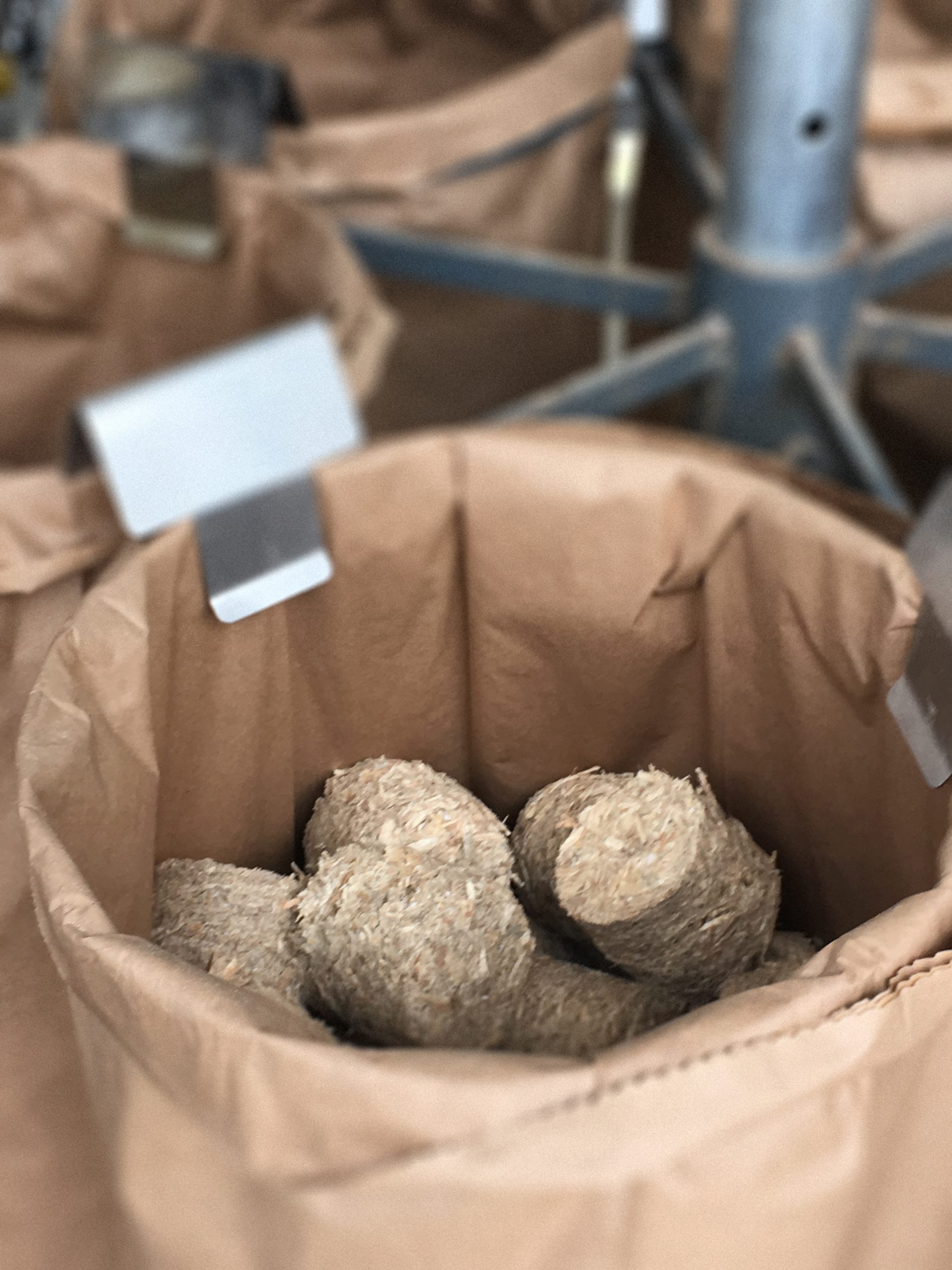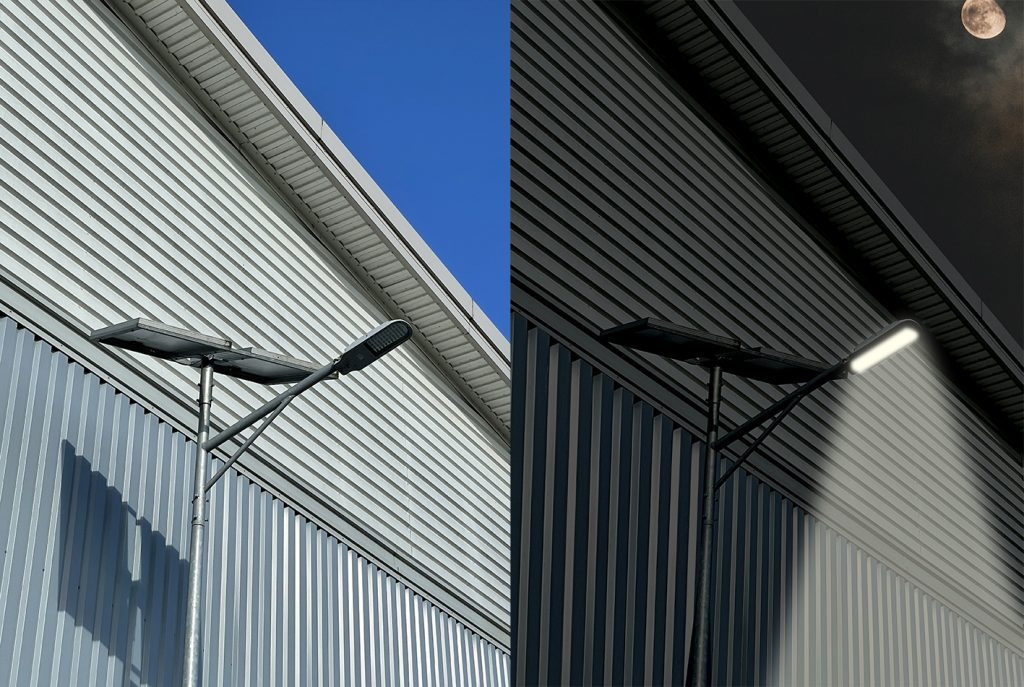The Greeting Card Association’s series of blogs covering Sustainability in the Card Industry is designed to share good practice, celebrating the work that is being done in our industry to reduce our environmental impact and inspire others.
This blog shares wisdom, and tips to consider for your business, from Windles Group. Windles Group are an all-encompassing, production facility for greetings cards and stationery products, offering state-of-the-art innovative processes, technical support from their people focussed experts, & are a leading force in improving environmental standards in the print manufacturing industry.
“There are people who decry greeting cards for using processes and materials which are bad for the environment – foil, flitter, inks, packaging, trees, transport, waste, all can have a negative effect. But, at Windles, we are very aware of our responsibilities and have spent more than a decade reducing our impact on the environment and the world we live in while still running a very successful – and environmentally-friendly – business.”
Bruce Podmore, MD Windles Group
Windles Sustainability Journey
At Windles, we embarked on our sustainable journey back in 2012 – because we care about the environment and always have.
Eliminating the need for fossil-fuelled gas heating
One of our first moves eliminated the need for fossil-fuelled gas heating by turning unusable or broken wooden printer’s pallets into renewable energy – our Pallets-To-Pellets system where the resulting biomass fuel is burned in our custom-built furnace to heat our buildings. We make the pellets all year round and store them for the winter months.


We quickly extended that into our transition to zero waste practices, including a skip-diving approach. All waste is segregated at source, a move our team quickly understood and respected and they are very proud to be part of. All such schemes have been honed over the years to optimise their effectiveness.
Relocating to our new premises
When we relocated to our purpose-built Building Research Establishment Assessment Method (BREEAM) rated factory designed with the objective of reducing our carbon footprint, we also considered our own environment and the importance of biodiversity as we wanted to do our bit even though there were no rules telling us to.
Within our Ecology Centre, we rehomed a badger sett, installed bat boxes, and built a beautiful home for any neighbouring bats. And don’t forget our wormery, it’s the place where all the food waste from Windles ends up – they’re probably the best-fed worms in the UK! The fertiliser they produce then then gets used on our plants and trees to help them grow greener and stronger.
What we do at Windles today
A decade on we remain true to our ethos that what’s good for the earth is good for people, recognising we should not only claim to love the environment but carry out our production processes in ways that show we actually do love the environment.
Our Production Process
Our story today remains a 360-degree approach incorporating our people, sharing knowledge and resources with others, and touching every element of the greetings card product cycle.
The Loop-It scheme which we developed seven years ago can be seen all around our Windles home thanks to the handy Take Action panels which help, advise and sign-post our staff to all the quite often simple things that add up to a big difference. We also have Loop-It packs available for our clients and suppliers to use in their own premises – just one example of how you can extend initiatives outward to the industry to link us all up.
Going eco-friendly has entailed different approaches. There have been some straightforward swaps in the way we do things, while other solutions have meant starting from scratch. Some bring in handsome financial rewards – such as not paying heating bills because we produce our own fuel pellets – while some have encompassed capital expenditure.
The key thing is to consider the benefits to our planet, and account for these as an overall part of your business operating costs.
One of the most important points is to make the very best use of what we already have, such as natural daylight. Our purpose-built factory uses 35% natural daylight so the artificial lights are barely on!
PIR motion-based lighting means lights only come on when infrared energy from people is detected, and the factory is split into sections so, when people are only in one area, the rest can be 75% dark, and the outside lights are photovoltaic lanterns powered by solar panels, which only come on when required.

As manufacturing plants are known to be power hungry, making sure power efficiency is maximised at all times is the way to address this. Along with ensuring all machines are switched off when not required, Power Factor Correction enables the precise measurement of the power being used throughout the building so surges of power are conserved instead of being lost.
Keeping an eye on things is Windles’ Production Hub – in effect a big iPad on legs which is the nerve centre for the business as it’s linked to all the machines and systems, and it also serves as a communication tool for everyone in the factory and offices.
Each day, machine operators congregate around the Production Hub for a great overview of machine efficiencies and usage, enabling us to modify work practices and set-ups to optimise the manufacturing output and minimise waste. Measuring what we do has been embraced by our entire team and we have seen machine efficiency utilisation rise from 76% to 98% during the last four years.
Skip diving
Skip diving is a familiar term to our team since the notion was first introduced, and it’s something everyone can do, leading to great waste management where everything is streamlined at source so recycling and re-use are optimised – zero to landfill is achievable.

Our wormery takes care of our canteen waste and our foil waste is repurposed to fuel cement factories who previously used coal to run their plants, but there’s always more that can be done. We realised recycling High Density Poly Ethylene (HDPE) drums was taking up a lot of crates and vehicles for transport, so we jumped on a team member’s suggestion of investing in an industrial baler to compress the containers – now we haul just one crate as opposed to 11.
Reduction of Energy
We work hard to reduce wasted energy – that could be energy stored in the physical materials we purchase and use such as paper, inks, boxes, wrapping, or office supplies, as well as energy that’s used to maintain the building, like electricity, lighting, heating, and machine energy supply.
We have a direct influence on how we can reduce these energy sources, and ultimately reduce the CO2 emissions from their usage. Schemes such as our Pallets-To-Pellets system, Loop-It, and Ecology Centre have all helped develop Windles into the sustainable business it is.
Environmental Research
Our environmental research and work extends beyond Windles, branching out to our suppliers and clients. We’d love it if we can spark some inspiration and lateral thinking within our industry network, and link the five industry functions together to form a complete circle of responsibility toward our planet.
As with our creative solutions and print techniques, we’re continually reviewing how best we can do things, which makes us a very proactive business, and we’re constantly coming up with alternatives to help the greeting card product. Our aim is to always be looking five to 10 years ahead, so we’re in a much better position to solve problems before they arise.
Developing zero-plastic packaging solutions several years ahead of when the real demand from retailers started is an example of this.
Recycling
We took recycling to the next level when we adopted a One-Stop-Shop system. Instead of having different companies collect individual waste-streams, we now load a trailer on site ourselves, which is hauled by one recycling company in 20-ton loads, giving a huge reduction in carbon emissions while using less diesel as our waste is not travelling on multiple vehicles.
Water is another valuable resource where our usage is at an all-time low thanks to modern working practice and continually investing in new technologies
At Windles we appreciate there is no single solution to eliminate all problems, however, we can all take steps toward a fully-rounded approach, taking collective responsibility for making both the greeting card industry and our own lives a greener, better place.
Top Tips from Windles:
- Do everything you can, involve your people, promote sustainable practice on a personal and company level – a change of mindset is key to everything
- Transform yourself and the way you operate.
- Keep a close eye on your energy bills and how much power you are using – look at ways to reduce this year on year.
- Monitor your water usage, save rainwater to water plants.
- Get to grips with waste management, aim to put nothing in landfill – recycle or re-use everything.
Continuing our Journey
At Windles our ethos is to introduce schemes and company thinking that have a two-tier benefit, and we focus on sustainability when making key decisions around the purchase of consumables. As printers, paper and board are the lifeblood of our products so the carbon footprint of bringing it thousands of miles overseas to our lovely environmentally-friendly factory simple wasn’t sustainable and we made the bold move to switch to using a UK-made product for our mainstream greetings card boards.
It was initially a challenge convincing customers to go with the environmentally-right choice rather than the cheaper price but it has proven a winner especially on the reliability front given recent global supply issues.
Fundamentally the impact on the environment is huge as our material is made just 400 miles away instead of over 4,000, significantly reducing the amount of carbon emissions, and using only FSC, PEFC or recycled materials for greeting cards gives us comfort that any trees used have been sustainably harvested, replaced or allowed to regenerate naturally without harm to people, wildlife or the environment.
In addition to the changes in business practices, at Windles we care about our people too. The installation of electric charging points on-site has helped staff make the switch to electric cars while lift-share schemes have been successful as allowing flexibility in hours across different departments has helped this work.
Collectively everyone’s small actions, both in business and personally, add up to making a difference – following legislation is the basic level, going above and beyond will really help turn things around.
“At Windles, we’ve found simple changes are the best way to start, they get the motivation going as you work towards the long-term changes that will make the biggest impact. For the future, we have a lot more up our sleeve, there is always more to do and always things we can do better, and we will keep everyone in our local, customer, and industry community updated as it affects us all”.
Bruce Podmore, MD
Any greetings card can have a wonderful impact on people, positively affecting their happiness, emotions and mental wellbeing. Made in the right way, at the right place, on the right material, and with all recycling and re-use being done correctly, greetings cards can also be a positive for our environment.
If you have a story to tell, or information on changes you have made to your business to share, please contact us so that we can share your story to inspire others.
Further information
For latest information and tips on reducing your environmental footprint see the GCA’s Into a Greener Future blog
For other case studies, changes to the law and other important information please visit our members’ library and see our Environment section (please log in to see all relevant information)
